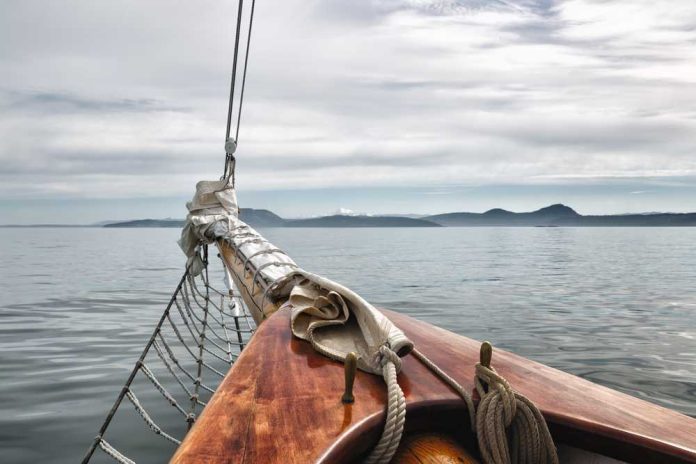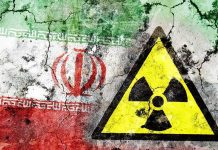
Bound migrants found dead in the Mediterranean Sea off Spain reveal the horrific reality of illegal immigration as authorities suspect murder, with victims likely bound and tossed overboard after conflicts with human traffickers.
Key Takeaways
- Spanish authorities have recovered at least five bodies with hands and feet bound in the Balearic Sea off Majorca, believed to be Algerian migrants.
- The Civil Guard is treating the cases as potential murders, suspecting victims were handcuffed and thrown into the sea.
- Around 30 bodies have been found on Balearic beaches in the last six months, with the area being described as “a graveyard” by Spanish media.
- Nearly 2,700 migrants have arrived in the Balearic archipelago this year in 130 boats, with 344 people intercepted in just three days (June 20-22).
Grim Discoveries Point to Potential Murder
A major investigation is underway after several bodies were recovered from the Balearic Sea off Majorca in what appears to be evidence of violence against migrants. The Civil Guard suspects these individuals, believed to be from Algeria, were confronted, handcuffed, and deliberately thrown into the sea. The first discovery came on May 18 when a Belgian-flagged private vessel alerted authorities after spotting a body floating in the water. The Guardia Civil patrol boat Río Segura responded, recovering a body wearing an orange life jacket with hands and feet bound.
As the investigation progressed, more bodies in similar conditions were discovered, triggering the activation of procedures for violent deaths. Civil Guard agents and forensic doctors are examining the remains to determine identities and causes of death. These horrific findings expose the brutal reality of human trafficking operations targeting those desperate to reach European shores illegally – a problem the Trump administration has consistently warned about regarding America’s border crisis.
Tourist Paradise Becomes “Migrant Graveyard”
The situation has created distress among tourists visiting the popular vacation destination as decomposed bodies and body parts continue to wash up on beaches. In one particularly disturbing incident, tourists reported finding a detached human leg on a beach. The frequency of these discoveries has led Spanish media to describe the area as “a graveyard,” highlighting the stark contrast between the idyllic tourist destination and the deadly realities of illegal migration routes.
“The appearance of these bodies tied up confirms that we are living a migratory nightmare that some strive to deny and trivialize,” said government delegate Alfonso Rodríguez Badal.
The Balearic Islands have recently experienced a surge in migrant boat arrivals, with 344 people intercepted between June 20 and June 22 alone. In total, 2,695 migrants have arrived in the archipelago this year aboard 130 boats. Authorities remain vigilant, especially as calmer summer weather improves navigation conditions, potentially encouraging more illegal crossings and putting more lives at risk.
Challenges in Investigating Human Trafficking
Investigations into these deaths face significant hurdles, as migrants who are victims of human trafficking rarely report abuse due to their illegal entry status. The most common migration route to Europe through Spain is the Atlantic path to the Canary Islands, but some attempt the Mediterranean route to the Balearic Islands, often with tragic consequences. These criminal enterprises operate largely under the radar, preying on vulnerable individuals desperate to escape their home countries.
“This shows us the cruelest side” of irregular migration routes, said Regional President Marga Prohens about the discovery of the bound bodies.
In a related incident highlighting the dangers migrants face, a 17-year-old girl recently reported being raped by a boat captain during a crossing to Formentera, leading to the arrest of 16 men by Spain’s National Police. This case further illuminates the exploitation and violence that often accompany illegal migration operations. The Spanish government now faces increasing pressure to address not only the migrant crisis itself but also the criminal networks profiting from human suffering.



